Orientation at the Nelson Mandela University
Purpose and Objectives:
The main purpose of orientation is to integrate new students successfully into the academic and social culture of Nelson Mandela University. Orientation is viewed as an ongoing process aimed at developing and promoting the well-being of new students in all aspects of their lives – academical, physical, intellectual, spiritual, social and emotional.
Some of the main objectives are:
-
to create a climate that is welcoming, promoting positive adjustment to the faculty and to the institution, and minimizing anxiety;
-
to promote positive relationships between faculty and students, and between students and students
-
to orientate students to the university environment including all student support services and resources;
-
to develop skills that promote academic success;
-
to enhance the understanding of diversity and respect for all;
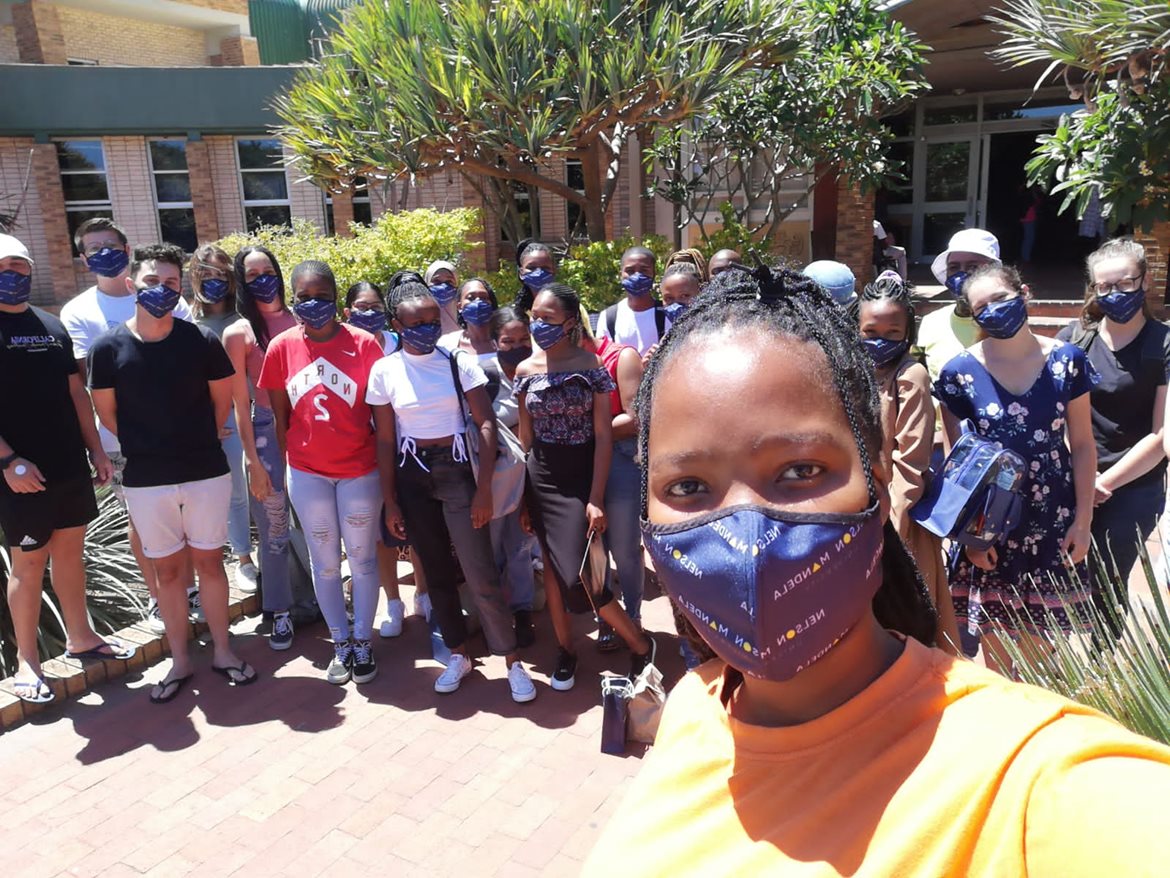
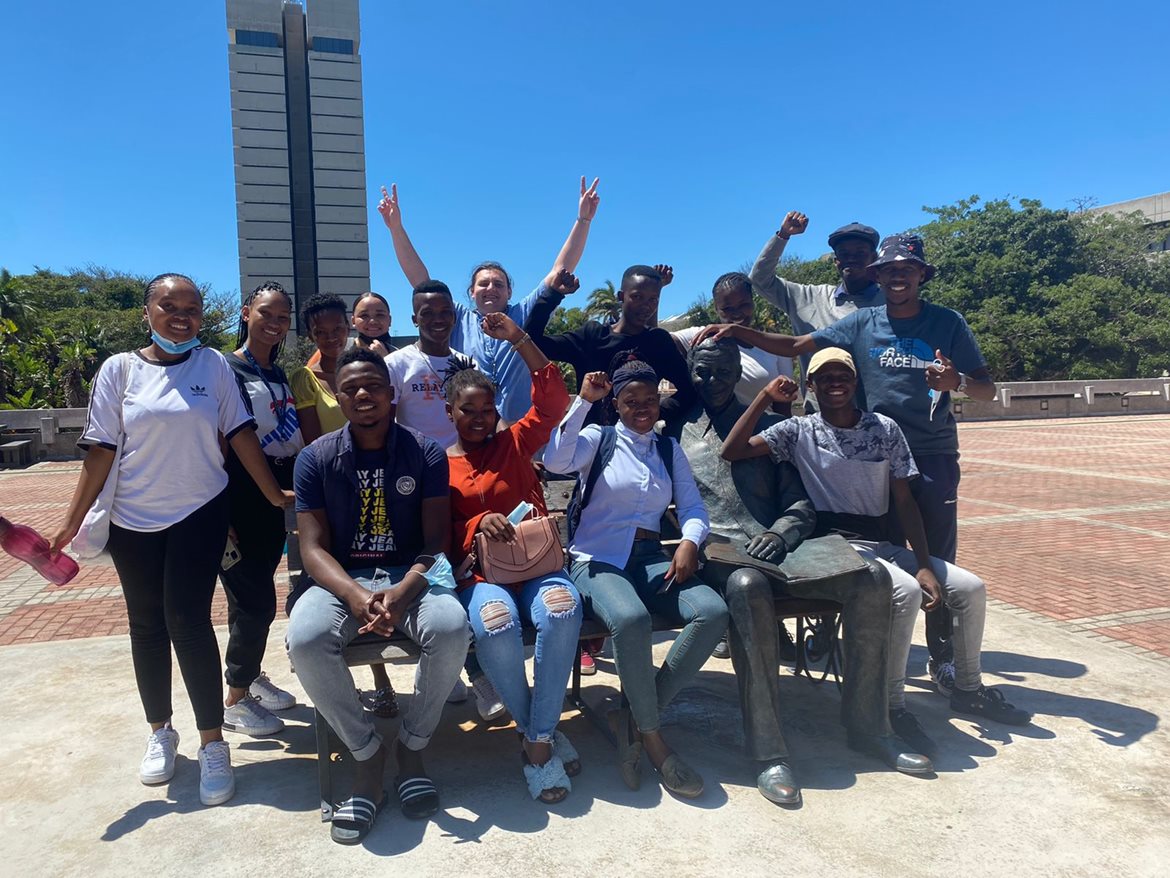
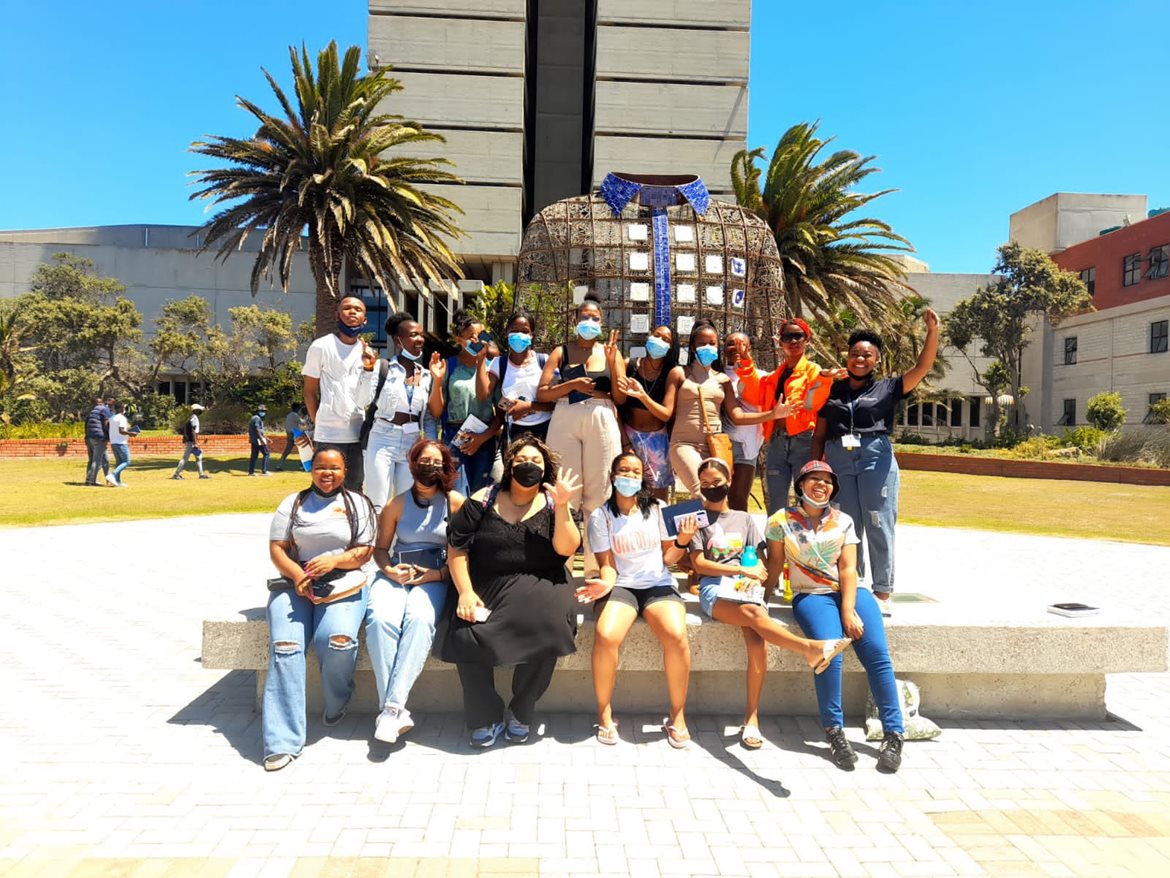
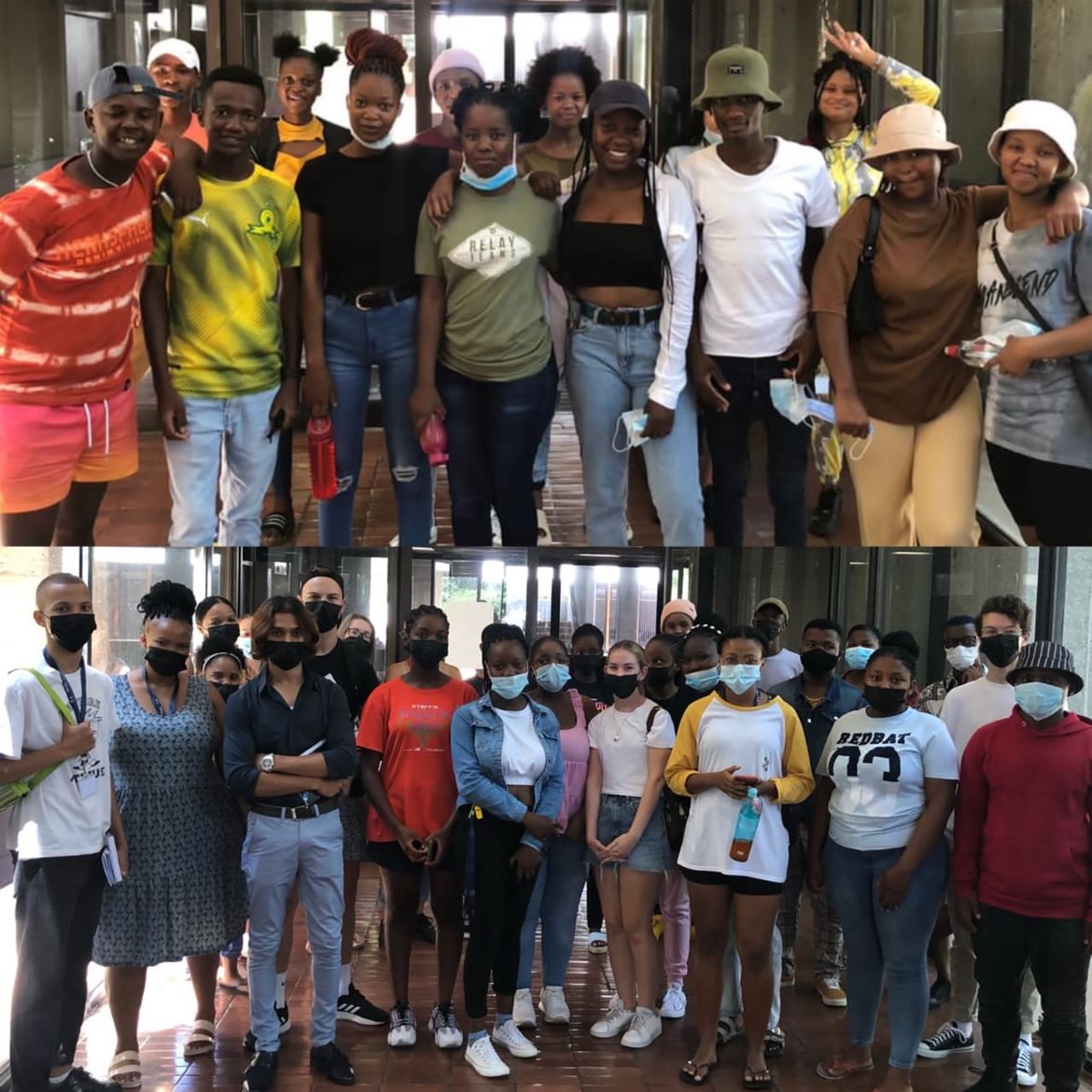
Orientation activities:
A range of activities is organised in an attempt to fulfil these objectives, progressing along a continuum from the general to the specific.
The Welcoming or Opening Ceremony for parents and students provides the first opportunity to make first-time enrolling students and their parents feel welcome and at home, and to feel part of their new ‘family’. You will be addressed by the Vice-Chancellor, who is the Principal of the university.
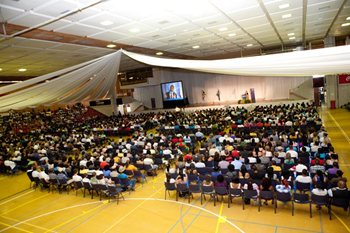
Academic Orientation Programme
The Dean’s Welcoming Address and Faculty Meet and Greet move a little closer to home by connecting students with their chosen faculty. This is followed in the following week or two by Meetings with your Lecturers where a closer alliance is forged with specific subject lecturers, and where further clarification around expectations takes place, increasing students’ confidence and tempering anxiety.
Next follows the fys@mandela programme, connecting first-years with senior students in their chosen programme of study. Provision is made for each programme in each faculty. Small groups enhance the quality of the new pedagogical relationship through a special peer-led programme designed for adjustment to academic life. The programme includes bridging the gap, surviving and thriving in the first year, an introduction to academic skills and to support services and resources, all of which further entrench feelings of security and the ability to cope. The small group interaction also provides an opportunity for social integration, providing valuable support to first-year students.
Approximately 300 trained Buddies from across all 7 Nelson Mandela University campuses are mobilised to implement fys@mandela orientation programme.
The Buddies will 'buddy' their first-year groups throughout the year.
A Student-Staff fun event connects students in a fun and interactive way to their lecturers.
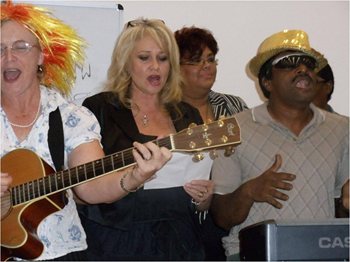
Academic sessions like How to get the most out of lectures, Lecture and e-mail etiquette, effective Note-taking and Referencing and Plagiarism, will be offered at your lecturers’ discretion during the first week of lectures.
Starting and developing a Career Portfolio from year one is crucial to students’ employability when they graduate - Emthonjeni: Fountain of Student Wellness will show students how.
Wellness@mandela Orientation Programme
The wellness programme provides an electronic booklet which provides information on achieving optimum wellness for university living. The wellness programme includes workshops on Homesickness and Loneliness for those leaving home for the first time. Given its manageable size, the George campus offers a more action-packed wellness menu including a boat ride out to sea and a forest hike.

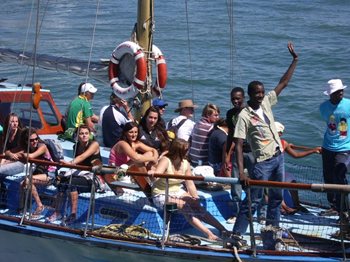
An information session on Bursaries and Budgets offers vital information on financial aid to students, and, very importantly, what to budget for and how to budget.
Social Orientation Programme
Social integration, the aim of which should not be underestimated in terms of its added value to academic success, happens in the first few weeks of lectures, providing relaxed opportunities for students to connect with their lecturers and peers and to network socially. Events include the very colourful and lively Byways to Highways societies’ expo, Campus Life Festival; where students are further introduced to the whole gamut of societies and clubs. Participation in societies and leadership programmes provides students with a valuable opportunity for personal, social and leadership development. The action continues with a sports event followed by the all-important social. A well-attended and very popular first-year concert is also held during orientation week.
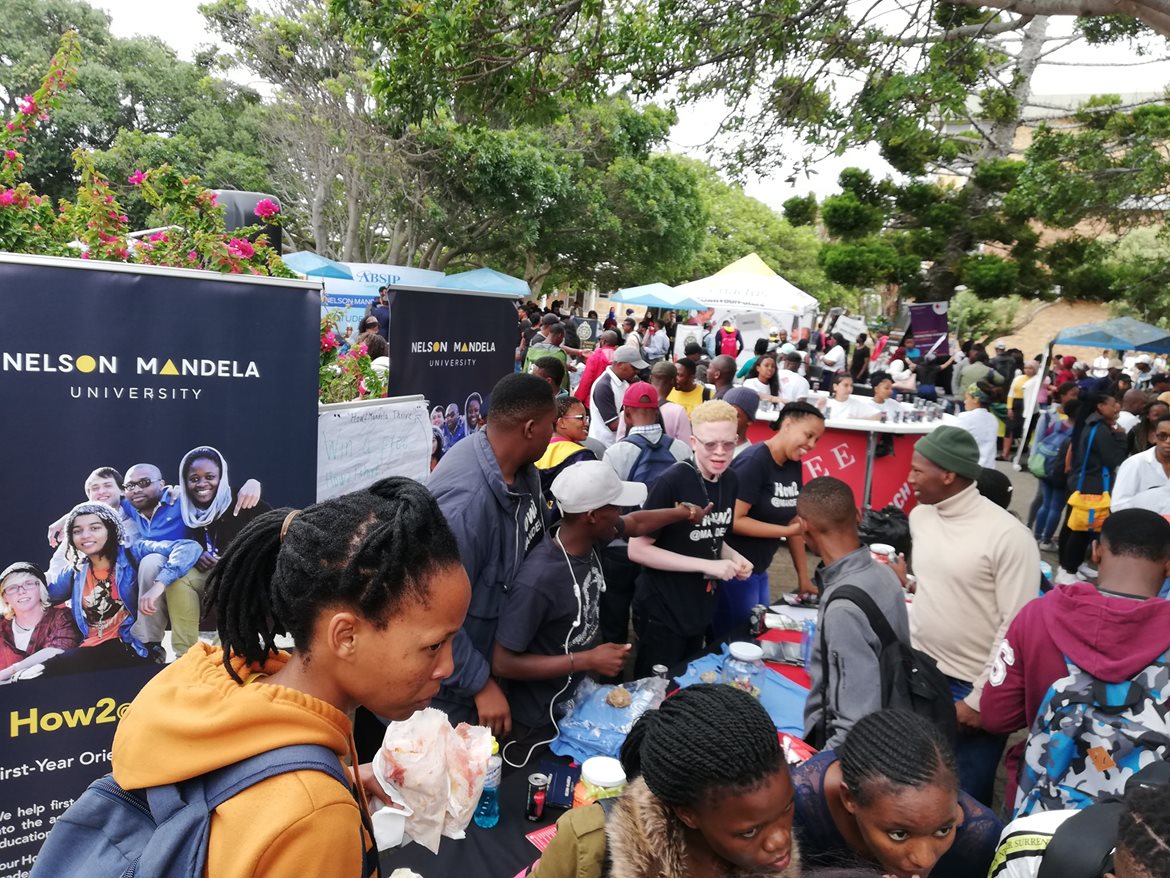
Students are therefore provided with many opportunities for academic and social integration at the Nelson Mandela University. Academic and social orientation programmes are carefully planned and implemented for maximum benefit by both student and institution.
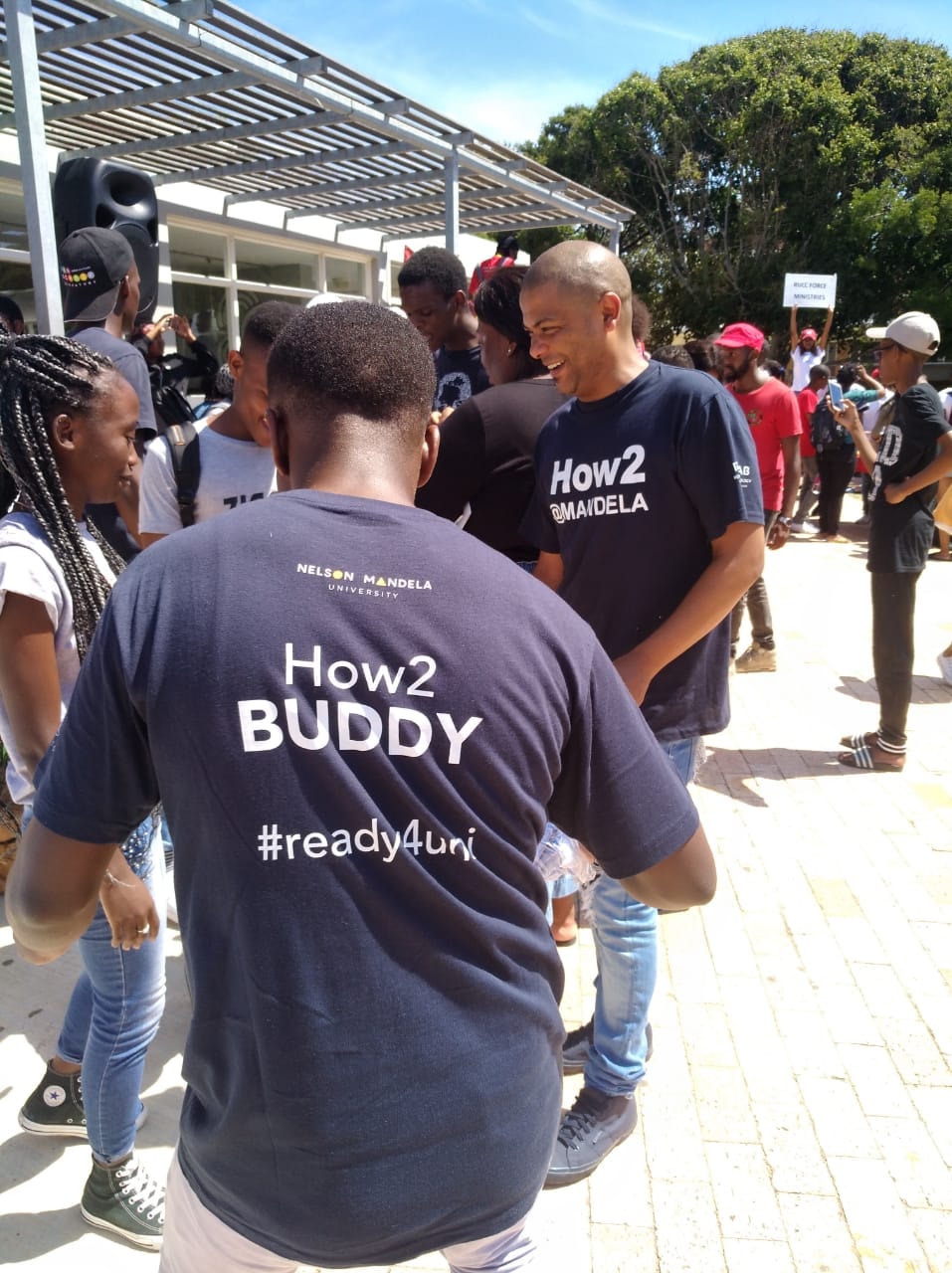
Orientation as a retention strategy
Concerns over student retention rates in higher education (HE) continue to dominate institutional, national and international HE debates. Orientation programmes are vital institutional strategies that underpin retention initiatives - the most important strategic goal of an orientation programme is that it promotes retention and throughput rates at a university as it enables new students to make the transition from school to university and integrate into the academic and social fabric of the university.
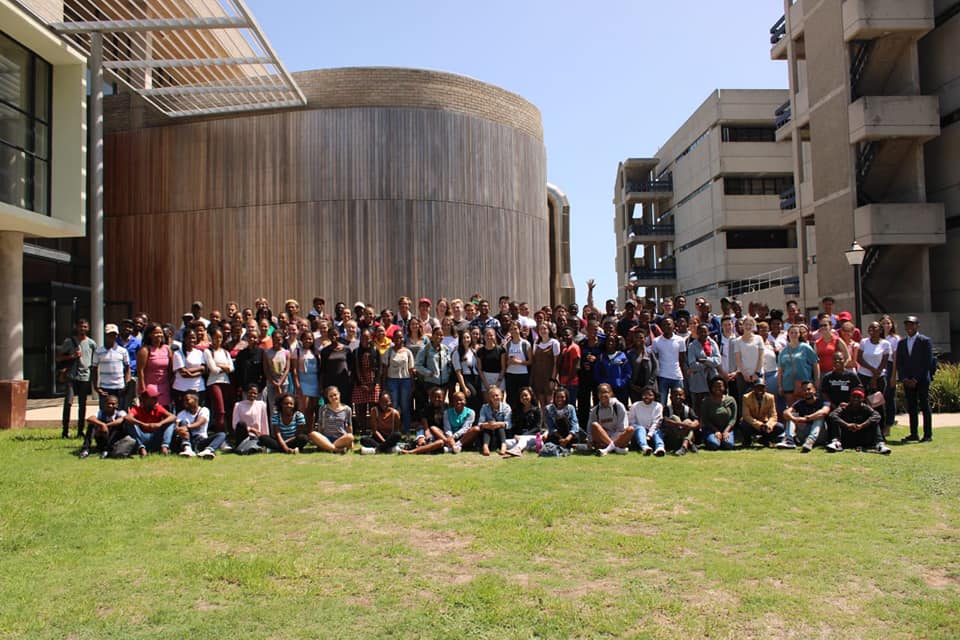
Well-documented evidence shows that “having the skills and academic capacity for achievement at university and the appropriate habits of an effective student are generally not a sufficient pre-condition for success” (McInnes et al: 1995). Therefore, creating and delivering appropriate support systems, like a successful orientation programme, is crucial to student success. Similarly, research by Pascarella, Terenzini and Wolfe (1986) suggests that a pre-College orientation programme has a positive indirect effect on student persistence and a direct positive effect on social integration, goal commitment and institutional commitment.